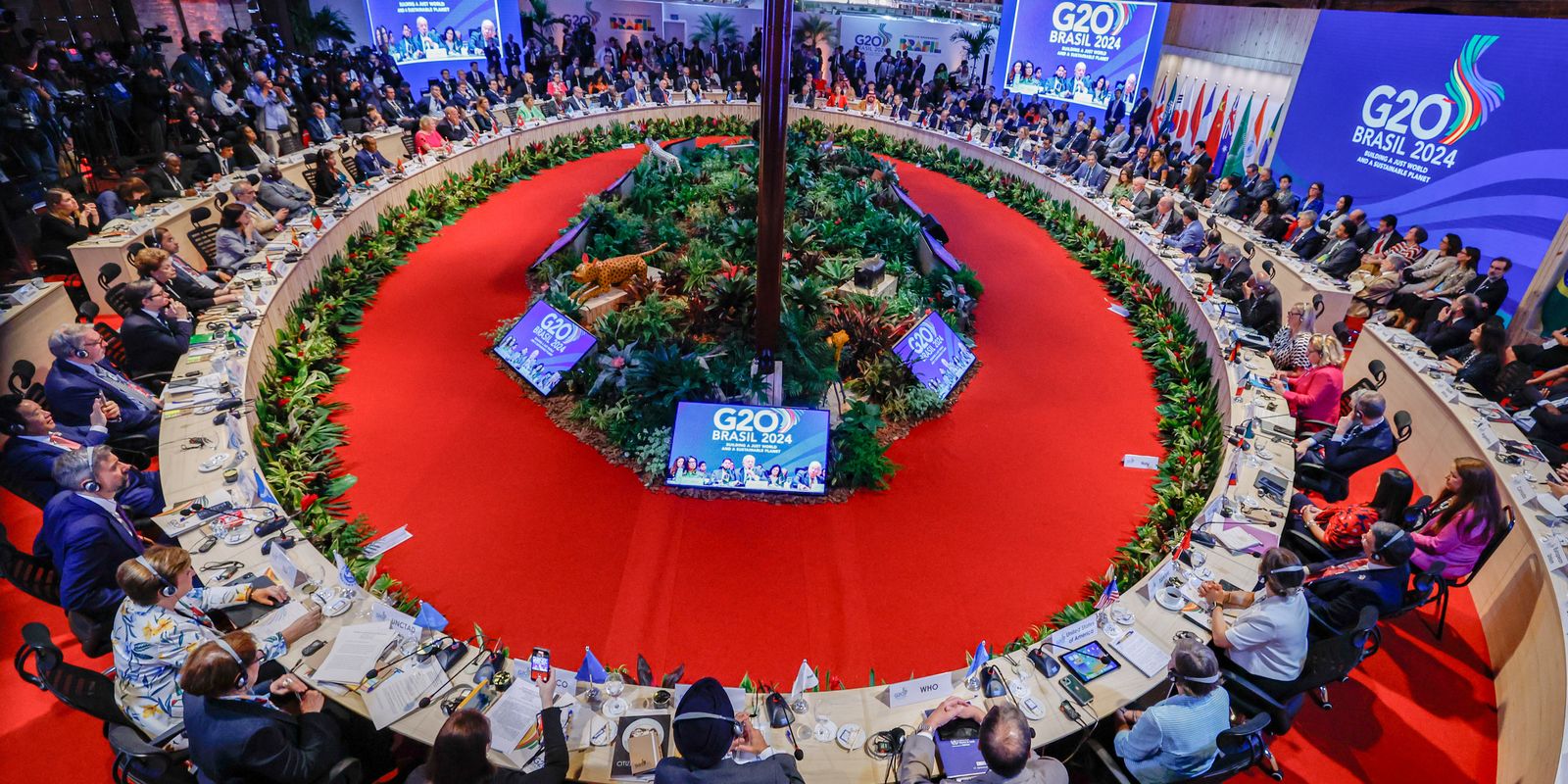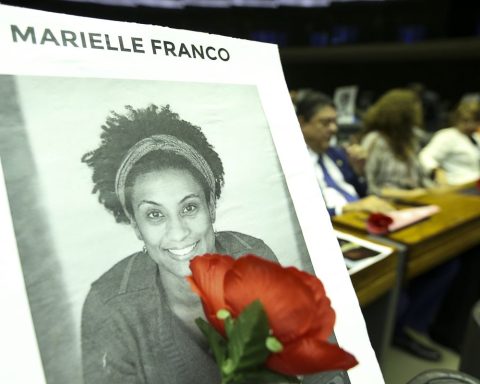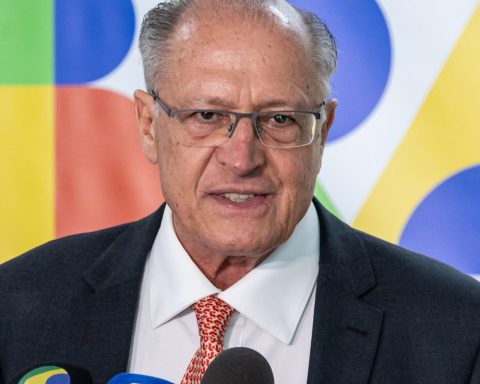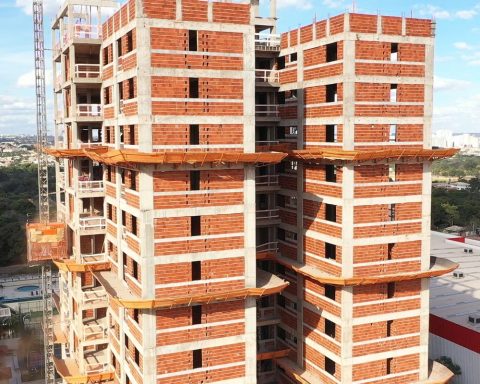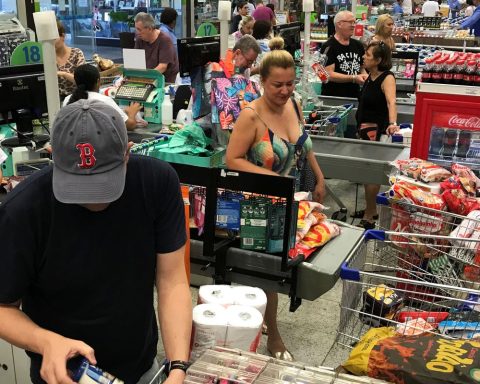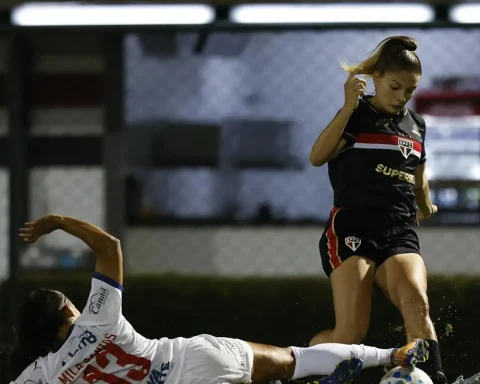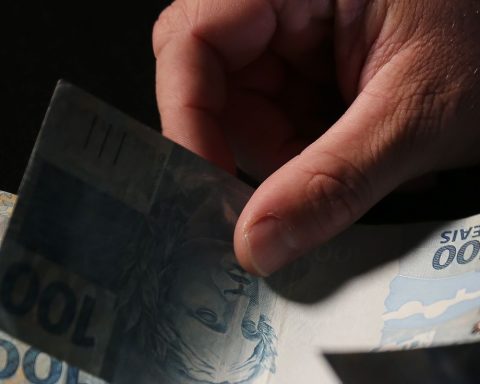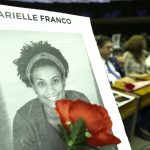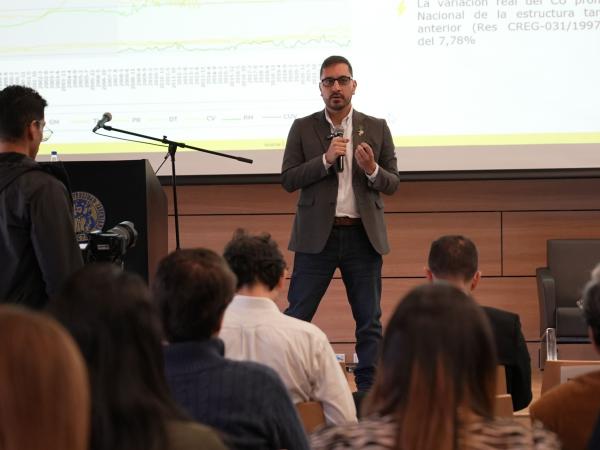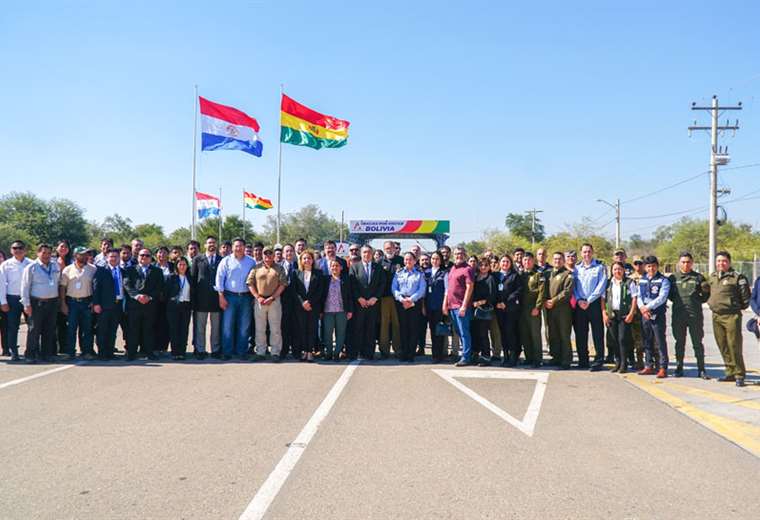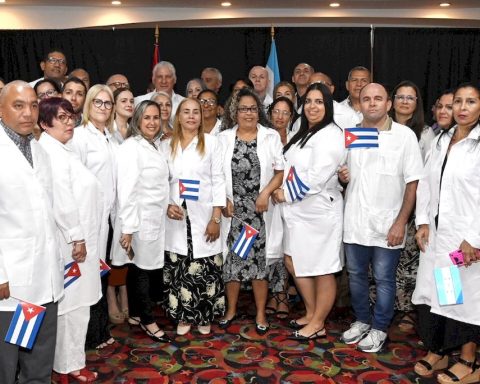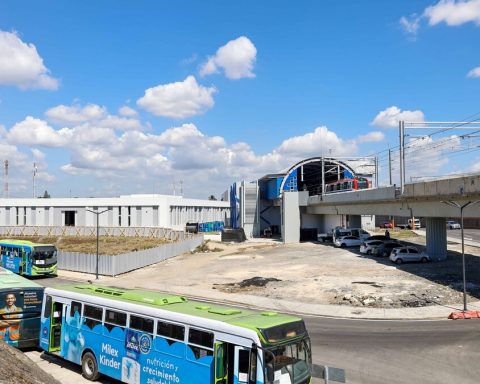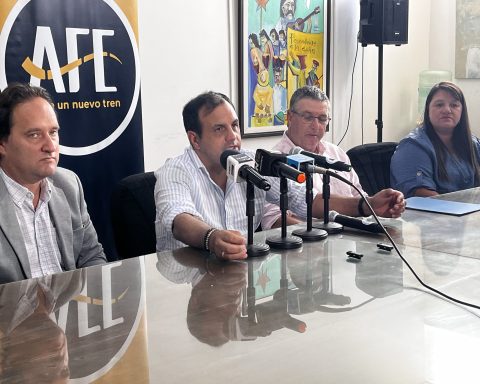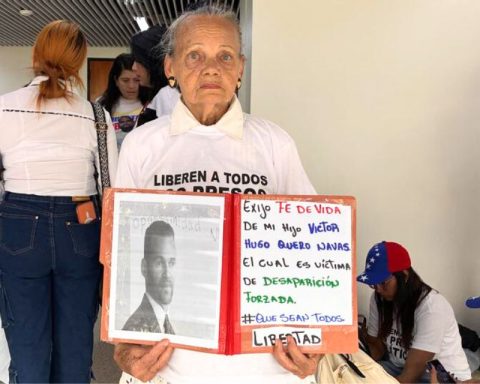President Luiz Inácio Lula da Silva stated on Wednesday (24) that combating hunger is a political choice for governments. “Hunger is not only the result of external factors; it is mainly the result of political choices. Today, the world produces more than enough food to eradicate it. What is missing is to create conditions for access to food,” he said.
“Meanwhile, arms spending rose 7% last year, reaching US$2.4 trillion. Reversing this logic is a moral imperative, a matter of social justice, but also essential for sustainable development,” the president added at the pre-launch event of the task force for the Global Alliance against Hunger and Poverty, in Rio de Janeiro.
The initiative establishes an international commitment to obtain political support, financial resources and technical knowledge for the implementation of public policies and social technologies proven to be effective for eradication of hunger and poverty in the world. Among the successful initiatives are national experiences aimed at the poorest and most vulnerable, such as income transfer, school meals, registration of vulnerable families, support for early childhood, support for family farming, social assistance, women’s protagonism and socioeconomic and productive inclusion, among others.
“Hunger is not a natural thing; hunger is something that requires political decision,” Lula stressed. “It is not possible that, in the middle of the 21st century, when we are already discussing artificial intelligence, without being able to use the natural intelligence that we all have, we are still forced to have a discussion saying to our political leaders around the world, ‘please, look at the poor because they are human beings, they are people and they want to have opportunities,’” the president added.
The alliance is being proposed by Brazil at the G20 and, at the ministers’ meeting in Rio de Janeiro, the bloc approved the initiative’s founding documents, initiating the countries’ accession. Any interested country can join the alliance. The official launch will be formalized at the G20 Leaders’ Summit in November, also in the capital of Rio de Janeiro.
“The alliance represents a strategy to win over citizenship, and the best way to execute it is by promoting the articulation of all relevant actors. Our best tool will be the sharing of effective public policies. Many countries have also been successful in combating hunger and promoting agriculture, and we want these examples to be known and used,” said Lula, explaining that this transfer of knowledge will not be imposed.
“We will systematize and offer a set of projects that can be adapted to the specific realities of each region. All adaptation and implementation must be led by the host countries, because each one knows its own problems. They must be the protagonists of their own success,” he said.
Financing
The Global Alliance against Hunger and Poverty will be managed from a secretariat housed at the headquarters of the Food and Agriculture Organization of the United Nations (FAO) in Rome and Brasilia. It will operate until 2030, when it will be deactivated, and half of its costs will be covered by Brazil.
“I would like to express my gratitude to the countries that have already offered to contribute to this effort,” said Lula, explaining that the initiative will not create new funds, but that the global and regional resources that already exist and are dispersed will be redirected to the State policies of each country.
Today, the World Bank declared support for the allianceplacing food security on its strategic agenda in the coming years. The Inter-American Development Bank and the African Development Bank have also announced contributions to the initiative, with the establishment of a new financial mechanism. The International Development Association will also make a new capital replenishment to help the poorest countries.
Lula also recalled that Brazil’s presidency of the G20 advocates the reform of global governance institutions, including financial institutions. “The distorted representation in the management of the IMF [Fundo Monetário Internacional] and the World Bank is an obstacle to tackling today’s complex problems. Without more effective and fair governance, in which the Global South [países do Hemisfério Sul] is adequately represented, problems such as hunger and poverty will be recurrent,” he said.
A taxation of the super-rich It is also an agenda proposed by Brazil, which is being debated in the bloc. “The wealth of billionaires has gone from 4% of the world’s GDP (Gross Domestic Product) to almost 14% in the last three decades. Some individuals control more resources than entire countries,” said Lula.
“Many countries face a similar problem: at the top of the pyramid, tax systems stop being progressive and become regressive. The super-rich pay proportionally much less taxes than the working class. To correct this anomaly, Brazil has insisted on the issue of international cooperation to develop minimum global taxation standards, strengthening existing initiatives and including billionaires,” the president reinforced.
World hunger
Ahead of today’s ministerial meeting, FAO launched its Hunger Map, according to which, one in 11 people may have gone hungry in the world by 2023. Last year, it was estimated that 28.9% of the world’s population (or 2.33 billion people) were moderately or severely food insecure. Rising trends in adult obesity and anemia among women aged 15 to 49 are also considered worrying, says the FAO.
For Lula, the data is “shocking”, with hunger being “the most degrading of human deprivations”. “The problem is especially serious in Africa and Asia, but it also persists in parts of Latin America. Even in rich countries, hunger is increasing.” apartheid nutritional, with food poverty and the obesity epidemic”, said the president, also remembering that the situation is more serious for women and children.
“Hunger has the face of a woman and the voice of a child. Even though they prepare most of the meals and grow much of the food, women and girls make up the majority of people facing hunger in the world. Many women are heads of households, but they earn less. They work more in the informal sector, dedicate more time to unpaid care work, and have less access to land than men. Ethnic, racial, and geographic discrimination also amplifies hunger and poverty among Afro-descendant, indigenous, and traditional communities,” said Lula.
Programs that place women as a central component of actions should also be part of the basket of public policies of the Global Alliance against Hunger and Poverty.
In his speech, the Brazilian president stated that neoliberal globalization, the concentration of wealth and recurring and simultaneous crises have worsened the situation of poverty in the world. He cited the COVID-19 pandemic, which has drastically increased malnutrition, armed conflicts that interrupt food production and distribution, extreme weather events, as well as agricultural subsidies in rich countries and protectionism that discriminates against products from developing countries.
According to the FAO, there are still 2.5 million people in Brazil experiencing severe food insecurity. In 2014, Brazil had managed to leave the Hunger Map, however, food insecurity has increased over the years and the country was included in the report again in 2021.
“This is the most urgent commitment of my government: to end hunger in Brazil, as we did in 2014. My friend, FAO Director-General [Qu Dongyu]you can start preparing to announce soon, while I am still in office, that Brazil has once again left the Hunger Map.
Brazil is in the G20 presidencya group of 19 countries and two regional bodies (the African Union and the European Union). The members of the G20 represent about 85% of the world’s gross domestic product (GDP, the sum of goods and services produced worldwide) and more than 75% of world trade, and about two-thirds of the world’s population.
